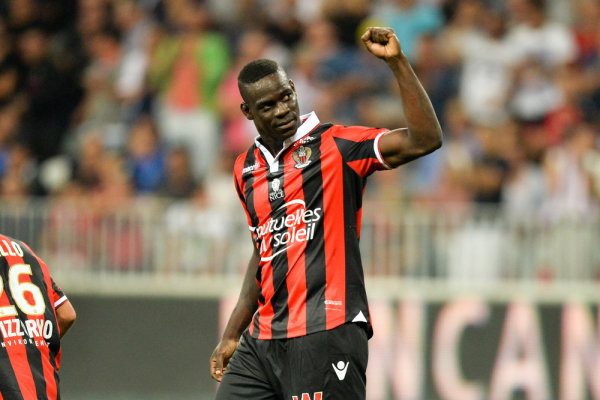Football during Ramadan: A Blessing or Predicament?
The purpose of Ramadan, in which a month of fasting is observed by Muslims worldwide, is the improvement and strengthening of all Muslims’ powers of self control, so that bad habits and unjust desires can be resisted.
By refraining from one’s urges to satisfy their appetite whilst fasting, the ability of self-restraint is exercised in Muslims, so that they can then apply this to their everyday lives to bring about self-improvement.
Due to Muslims’ belief that Ramadan, the ninth month of the Muslim calendar, is blessed by Allah, it is the widespread belief that all positive actions reap greater rewards.
Also, there have been many studies which have proven that the body’s digestive system will be enhanced, as well as the bolstering of endurance amongst many other things, when fasting is undertook for one month of the year.
A predicament or blessing?
However, it may be seen as a predicament when footballers are required to play for their teams, as has predominantly been the case in International tournaments in recent years, whilst fasting. Religious beliefs are weighed against the result of fasting on player performances.
In recent years, Ramadan has coexisted with the 2012 London Olympics, the 2014 World Cup and Euro 2016.
Muslims observe fasting from dawn till sunset, and summer days in Europe are particularly long, which can have a significant impact on the performance of players.
Opting against
During World Cup 2014 in Brazil, which saw record high temperatures, players Mesut Ozil and Yaya Toure opted not to fast due to their participation in the tournament.
Players would take breaks every 30 minutes to drink water and rehydrate their bodies, however those who were fasting during the tournament, such as the Algerian national football team during their last-16 match against Germany, were not able to do so, resulting in added strain to their bodies.
In the London Olympics in 2012, the United Arab Emirates football team were given special permission by the highest religious authority in the country not to fast on match days.
Beneficial?
However, Sheikh Juma Momade, the South African representative for Kuwait’s Ministry of Islamic Affairs, said: “We have examples of athletes in several European clubs, who fast during Ramadan and continue playing well.”
He stated that players performances can be improved whilst fasting.
A medical officer from FIFA stated regarding the matter: “FIFA have made extensive studies of players during Ramadan, and the conclusion was that if Ramadan is followed appropriately, there will be no reduction in the physical performances of players.”
Players have the right to choose
Ultimately, it is up the individual player, just as is the case with anybody in any walk of life, whether they wish to fast. However, if they do, the belief in Islam is that ‘the greater the challenge, the greater the reward from God’.
http://www.footballweeks.com is the new blog in town that shares latest insightful opinions and analysis on the top European clubs. Also visit their page for latest epl summary and fixtures.
As stated by a spokesman from the German F.A. (DFB), observance of Ramadan is a private matter, and it is up to individual players to decide how to handle it.
Written by Sina Latif
Follow Sina on Twitter @_sina93
Like O-Posts on Facebook
You can also follow O-Posts on Twitter @OPosts






0 comments